When importing goods from China, one of the key considerations for businesses is understanding the costs associated with container shipping. As a vital component of global trade, container shipping facilitates the efficient movement of merchandise worldwide, with approximately 80% of trade volume transported via this method. This guide delves into the intricacies of container shipping costs, focusing specifically on the expenses involved in shipping a 20 ft and 40 ft container from China to Kenya. We will explore essential cost components, factors influencing shipping rates, and strategies for optimizing expenses, equipping you with the knowledge needed to navigate the complexities of international logistics effectively.
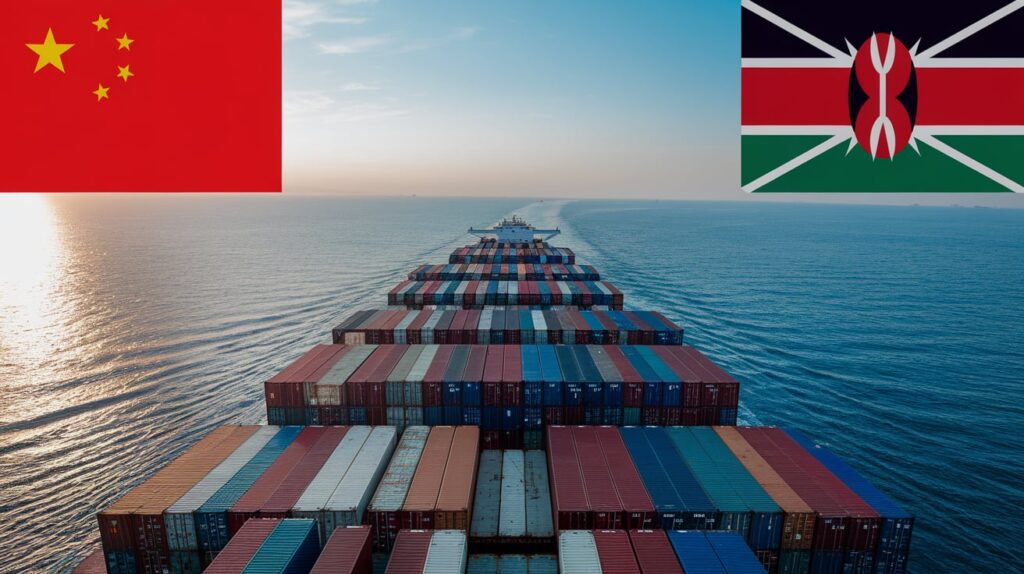
Understanding Container Shipping Costs from China to Kenya
Container shipping is a method of transporting goods in large containers, typically standardized in size to facilitate easy transfer between different modes of transport, such as ships, trucks, and trains. The containers can be classified into various types, including:
- Standard Dry Containers: Most common type used for general cargo.
- Reefer Containers: Refrigerated containers for perishable goods.
- Open Top Containers: Used for oversized cargo that cannot fit inside standard containers.
The shipping process generally involves several stages:
- Loading at Origin: Goods are packed into containers.
- Transport to Port: Containers are transported to the nearest shipping port.
- Sea Freight: Containers are loaded onto cargo ships for transportation across international waters.
- Customs Clearance: On arrival, containers must clear customs before being released for inland transport.
- Delivery: Finally, goods are transported to their final destination.
Importance of Container Shipping in Global Trade
Container shipping plays a vital role in global trade, accounting for approximately 80% of the world’s merchandise trade by volume. Its significance stems from several factors:
- Efficiency: Containerization reduces loading and unloading times, facilitating quicker turnarounds.
- Cost-effectiveness: By consolidating shipments, companies can reduce per-unit shipping costs.
- Safety: Containers protect cargo from external elements and theft during transit.
- Standardization: The use of standardized containers simplifies logistics and increases compatibility across different transportation modes.
Understanding container shipping is essential for businesses engaging in international trade, particularly when importing from major manufacturing hubs like China.
You may be interested in the following related articles:
- UPS Shipping Cost from China to USA
- Shipping cost from China to USA Amazon FBA
- 20 ft container shipping cost from China to USA
- The Ultimate Guide to Container Shipping Costs from China to Kenya in 2024
- Container Shipping Costs from China to Canada: What You Need to Know
- The Ultimate Guide to Container Shipping Costs from China to UAE in 2024
20 ft Container Shipping Cost from China to Kenya
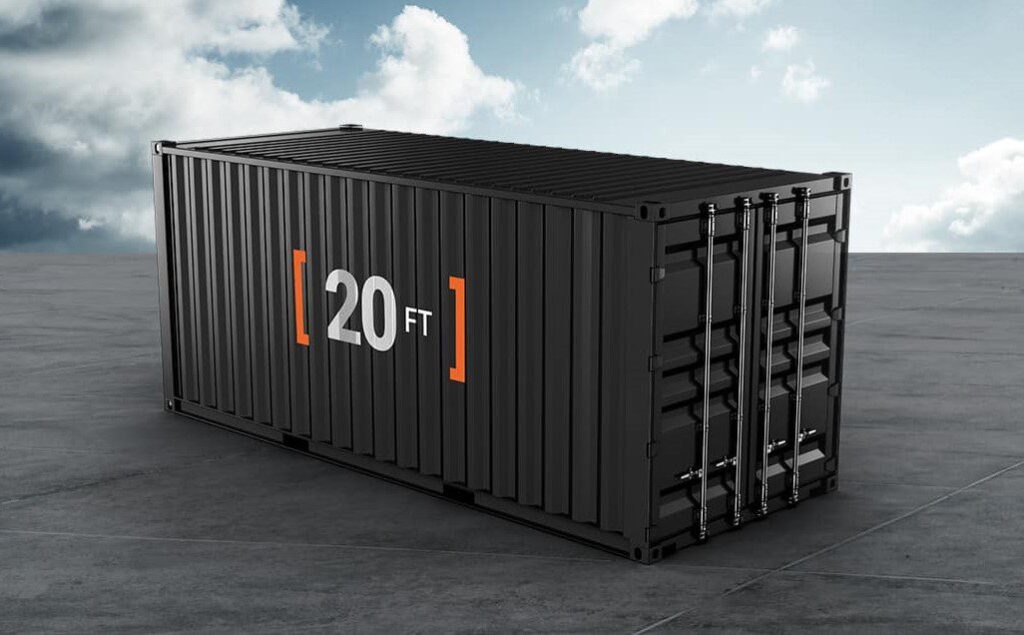
When planning to import goods from China to Kenya, one of the primary concerns is the cost associated with shipping a 20 ft container. Below is a detailed breakdown of the costs involved:
Cost Breakdown for 20ft Containers
| Cost Component | Description | Estimated Cost (USD) |
|---|---|---|
| Ocean Freight | The base charge for shipping the container across the sea. | $1,200 – $1,500 |
| Port Charges | Fees for loading and unloading at the ports in China and Kenya. | $300 – $500 |
| Customs Duties | Taxes imposed by the Kenyan government upon importation. | Varies (typically 0-25% of CIF value) |
| Insurance | Optional but recommended to protect goods during transit. | $100 – $200 |
| Inland Transportation | Cost of moving the container from the port to the final destination in Kenya. | $200 – $400 |
| Documentation Fees | Charges for necessary paperwork and customs clearance. | $50 – $150 |
| Total Estimated Cost | Combined costs of all elements. | $2,200 – $3,400 |
Insights on Container Shipping Costs
While the above table provides a general estimate, actual costs can vary based on several factors:
- Shipping Seasonality: Rates may increase during peak seasons (e.g., holidays) due to higher demand.
- Fuel Prices: Fluctuations in fuel prices can directly impact shipping costs.
- Trade Agreements: Changes in tariffs and trade agreements may affect customs duties and overall costs.
- Container Availability: Container shortages can lead to higher shipping rates.
For businesses looking to streamline their shipping processes and reduce costs, partnering with a reliable freight forwarder like Dantful International Logistics can provide significant advantages. Dantful offers comprehensive solutions, including customs clearance, warehouse services, and insurance services, ensuring a smooth and cost-effective shipping experience.
40 ft Container Shipping Cost from China to Kenya
When considering the importation of goods from China to Kenya, the costs associated with shipping a 40 ft container must be analyzed in detail. This section provides a breakdown of the costs involved in shipping a 40 ft container and factors that influence these costs.
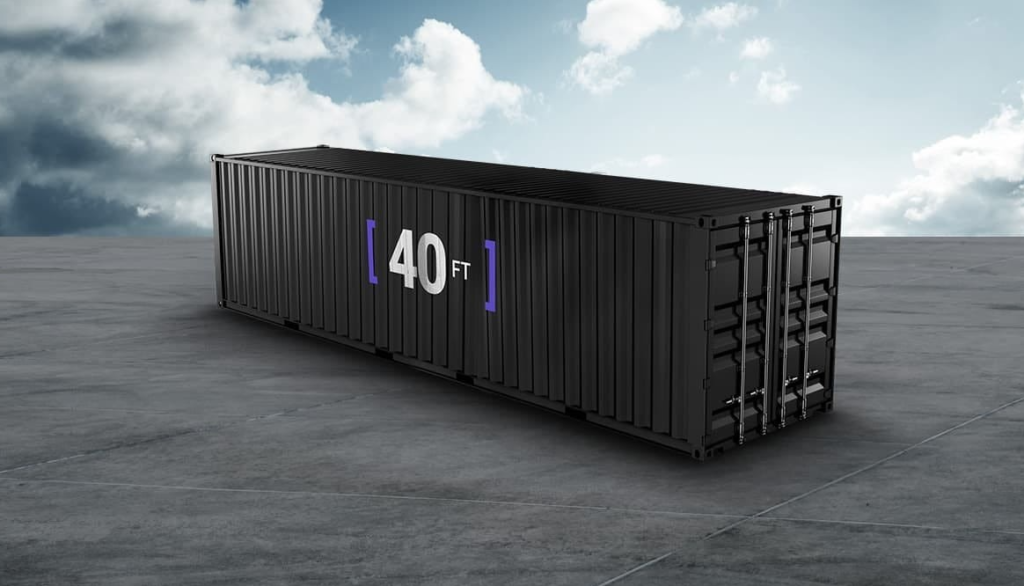
Cost Breakdown for 40 ft Containers
Shipping a 40 ft container generally offers more capacity and is often more economical per unit than a 20 ft container. Below is a detailed breakdown of the various cost components associated with shipping a 40 ft container from China to Kenya:
| Cost Component | Description | Estimated Cost (USD) |
|---|---|---|
| Ocean Freight | The primary cost for transporting the container by sea. | $2,200 – $2,800 |
| Port Charges | Fees incurred at ports for container handling and services. | $500 – $700 |
| Customs Duties | Varied taxes imposed by the Kenyan government upon importation. | Varies (typically 0-25% of CIF value) |
| Insurance | Recommended coverage for goods during shipping. | $150 – $300 |
| Inland Transportation | Cost to move the container from the port to the destination. | $300 – $600 |
| Documentation Fees | Fees for necessary paperwork and customs processing. | $100 – $200 |
| Total Estimated Cost | Combined costs of all elements. | $3,650 – $5,400 |
Insights on 40 ft Container Shipping Costs
The cost of shipping a 40 ft container can be influenced by multiple factors, including the type of goods being transported and the urgency of delivery. Businesses should take into account that while the initial shipping cost might be higher than that of a 20 ft container, the overall cost-effectiveness increases with volume, making it a preferred option for larger shipments.
READ MORE:
- Shipping From China To Algeria
- Shipping From China To Angola
- Shipping From China To Morocco
- Shipping From China To Nigeria
- Shipping From China To Kenya
- Shipping From China To Tanzania
- Shipping From China To South Africa
Factors Influencing Container Shipping Costs
Understanding the intricacies of container shipping costs is essential for businesses looking to import goods efficiently. Several factors significantly impact these costs:
Type of Container: FCL vs. LCL
- Full Container Load (FCL): This method involves shipping a full container dedicated solely to one shipper’s goods. It is more cost-effective for larger shipments and provides better control over delivery schedules.
- Less than Container Load (LCL): This option is ideal for smaller shipments that do not fill an entire container. While it’s often cheaper for smaller loads, LCL can incur additional costs for handling and longer transit times.
Distance and Shipping Routes
The distance between the port of departure in China and the port of arrival in Kenya, along with the chosen shipping route, can affect shipping costs. More direct routes usually result in lower costs and shorter shipping times. However, alternative routes may be necessary during peak seasons or due to geopolitical situations.
Seasonal Variations in Shipping Costs
Shipping costs can fluctuate significantly based on the time of year. During peak shipping seasons, such as around major holidays or festivals, demand for containers skyrockets, leading to increased rates. Shippers should anticipate these variations and plan their logistics accordingly to avoid unexpected expenses.
Impact of Fuel Prices on Shipping Rates
Fuel prices are a critical factor in determining shipping costs. As fuel prices rise, so do shipping rates, as carriers adjust their charges to cover increased operational expenses. Keeping an eye on fuel price trends can help businesses forecast shipping costs more accurately.
For those looking for comprehensive and reliable services in shipping, Dantful International Logistics provides an array of logistics solutions, including customs clearance, warehouse services, and insurance services. Leveraging their expertise can help companies effectively navigate the complexities of importing goods from China to Kenya while optimizing costs.
Additional Costs to Consider in Container Shipping
When importing goods from China to Kenya, it is crucial to recognize that the basic shipping costs are just one part of the overall expense. Several additional costs can significantly impact the total outlay. This section discusses essential considerations regarding customs duties, handling and port fees, and insurance costs associated with container shipping.
Customs Duties and Taxes
Customs duties and taxes are imposed by the Kenyan government on imported goods. These charges can vary widely based on the type of goods being imported and their declared value. Here are key points to consider:
- Tariff Classification: Each product falls under a specific tariff classification, which determines the applicable duty rates. Businesses should familiarize themselves with the Harmonized System (HS) codes relevant to their goods to estimate duties accurately.
- Value Added Tax (VAT): In Kenya, VAT is typically charged at 16% on imported goods. It applies to the total cost of the goods, including customs duties.
- Import Declaration Fees (IDF): Importers must pay IDF, which is usually calculated as a percentage of the customs value. For instance, as of 2023, this percentage is generally around 2%.
Understanding these charges is vital for businesses to calculate the complete cost of importing goods and to avoid unexpected financial burdens upon arrival.
Handling and Port Fees
Handling and port fees are critical components of shipping costs that can fluctuate based on several factors. These fees include:
- Terminal Handling Charges (THC): These are fees charged by the port terminal for loading and unloading containers. They can vary based on the port of origin and destination.
- Storage Fees: If containers are not picked up promptly, storage fees may accrue at the port. These charges can add up quickly, so timely pickup is crucial.
- Documentation and Processing Fees: These are charges for processing documentation required for customs clearance and other administrative procedures.
Businesses are advised to inquire about all potential handling and port fees upfront to obtain a clear understanding of the expected costs.
Insurance Costs for Container Shipping
While not mandatory, insurance for container shipping is highly recommended to protect against potential losses or damages during transit. Key considerations include:
- Types of Coverage: Various insurance options are available, such as full value coverage, which protects the entire value of the goods, or partial coverage for specific risks.
- Premium Rates: The cost of insurance premiums can vary based on the value of the goods being shipped and the nature of the cargo (e.g., fragile or high-value items may incur higher premiums).
- Claim Process: Understanding the claim process and terms of coverage is essential. Businesses should ensure that their insurance provider offers efficient customer service and a transparent claims process.
Tips for Reducing Container Shipping Costs
Reducing container shipping costs can significantly enhance the profitability of importing goods. Here are effective strategies businesses can implement to minimize expenses.
Choosing the Right Freight Forwarder
Selecting a reliable and experienced freight forwarder can make a substantial difference in shipping efficiency and cost. Consider the following:
- Reputation and Experience: Research potential freight forwarders, focusing on those with a strong reputation and experience in shipping to Kenya. They can offer valuable insights into reducing costs and navigating customs.
- Service Offerings: Evaluate the range of services offered, such as customs clearance, warehouse services, and insurance. A comprehensive service provider, like Dantful International Logistics, can streamline the shipping process.
- Negotiation: Don’t hesitate to negotiate rates and service fees with your freight forwarder. Established relationships may yield better pricing.
Effective Planning and Scheduling
Efficient planning and scheduling are essential for reducing shipping costs:
- Advance Booking: Book shipments well in advance to secure better rates and availability.
- Seasonal Awareness: Be aware of peak shipping seasons and avoid scheduling shipments during these times to circumvent inflated prices.
- Flexible Shipping Options: If possible, allow for flexible delivery dates to take advantage of lower rates on less popular shipping days.
Utilizing Freight Calculators
Freight calculators are valuable tools for estimating shipping costs accurately. They allow businesses to:
- Compare Costs: Evaluate different routes, shipping methods (such as air freight or ocean freight), and container sizes to find the most cost-effective option.
- Budgeting: Use calculators for budgeting purposes, ensuring that all associated costs, including customs duties and handling fees, are included in estimates.
Consolidating Shipments for Cost Efficiency
Consolidating shipments can lead to significant savings:
- Full Container Loads (FCL): If your volume justifies it, opting for an FCL can reduce per-unit costs compared to Less than Container Load (LCL) shipments.
- Collaboration with Other Importers: Consider teaming up with other businesses to share container space if your shipment volume is lower, thereby distributing costs.
By implementing these strategies, businesses can effectively reduce their container shipping costs while ensuring a smooth and efficient import process from China to Kenya. Engaging in insightful planning and leveraging professional logistics services can lead to improved financial outcomes.
Dantful International Logistics Services:
- Dantful Ocean Freight Services
- Air Freight From China
- Amazon FBA Freight Forwarding
- WAREHOUSE Services
- One-Stop Customs Clearance Solution
- Cargo Insurance Services in China
- DDP Shipping Services By Dantful Logistics
- Out of Gauge Cargo Transportation Shipping Services
FAQs
1. What are the estimated costs for shipping a 20 ft and 40 ft container from China to Kenya?
- 20 ft Container: The total estimated cost ranges from $2,200 to $3,400, which includes ocean freight, port charges, customs duties, insurance, inland transportation, and documentation fees.
- 40 ft Container: The total estimated cost ranges from $3,650 to $5,400, covering similar cost components.
2. What factors influence container shipping costs?
Container shipping costs can be impacted by:
- Shipping seasonality (peak demand periods),
- Fluctuations in fuel prices,
- Customs duties and trade agreements,
- The type of container (FCL vs. LCL), and
- The distance and chosen shipping route.
3. Are customs duties included in the shipping cost?
Customs duties are not included in the base shipping costs. These duties vary based on the type of goods imported and their declared value. Importers should be aware that VAT and Import Declaration Fees (IDF) may also apply.
4. Is insurance necessary when shipping goods?
While insurance for container shipping is not mandatory, it is highly recommended to protect against potential losses or damages during transit. Various types of coverage are available, and costs can vary based on the value of the goods.
5. How can I reduce container shipping costs?
To minimize container shipping costs, consider:
- Choosing a reputable and experienced freight forwarder like Dantful International Logistics,
- Planning and scheduling shipments in advance,
- Utilizing freight calculators for cost estimation, and
- Consolidating shipments to reduce costs.
6. What services do freight forwarders provide?
Freight forwarders, such as Dantful, offer services including:
- Customs clearance,
- Warehouse services,
- Insurance services, and
- Overall logistics management to streamline the shipping process.
7. What are the main components of container shipping?
The shipping process generally involves:
- Loading at Origin,
- Transport to Port,
- Sea Freight,
- Customs Clearance,
- Delivery to the final destination.
Understanding these components is crucial for managing costs effectively.

Young Chiu is a seasoned logistics expert with over 15 years of experience in international freight forwarding and supply chain management. As CEO of Dantful International Logistics, Young is dedicated to providing valuable insights and practical advice to businesses navigating the complexities of global shipping.
The other language versions of this article
- الدليل النهائي لتكاليف شحن الحاويات من الصين إلى كينيا في عام 2024
- De ultieme gids voor containerverzendingskosten van China naar Kenia in 2024
- Le guide ultime des coûts d’expédition de conteneurs de la Chine vers le Kenya en 2024
- Der ultimative Leitfaden zu den Containerversandkosten von China nach Kenia im Jahr 2024
- La guida definitiva ai costi di spedizione dei container dalla Cina al Kenya nel 2024
- La guía definitiva sobre los costes de envío de contenedores desde China a Kenia en 2024
- O guia definitivo para custos de transporte de contêineres da China para o Quênia em 2024
- Полное руководство по стоимости контейнерных перевозок из Китая в Кению в 2024 году
- 2024’te Çin’den Kenya’ya Konteyner Nakliye Maliyetlerine İlişkin Nihai Kılavuz

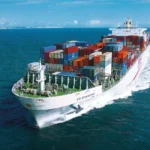
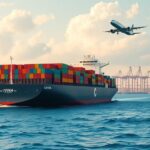
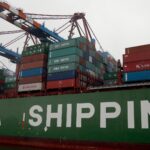

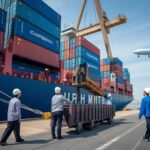





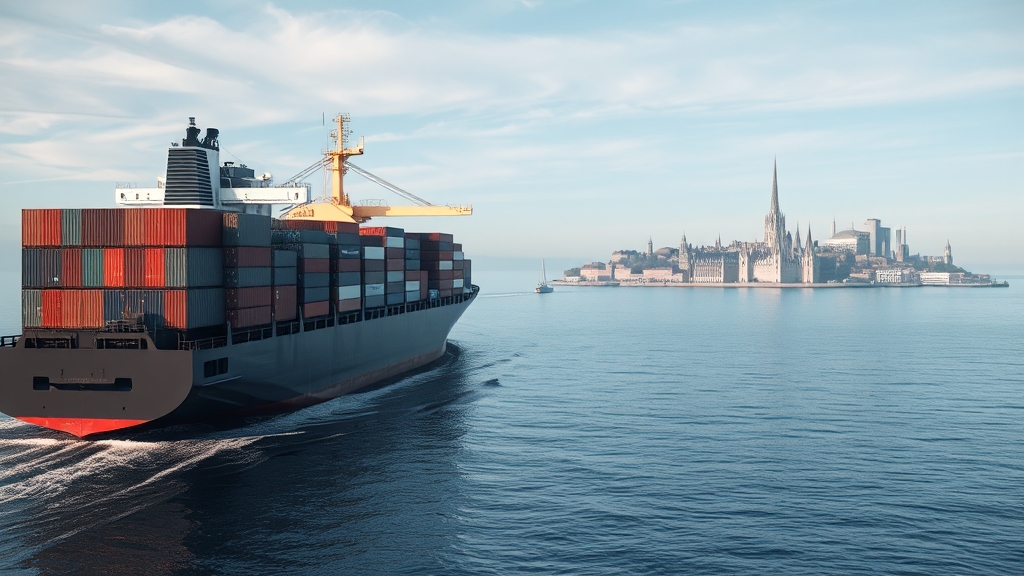
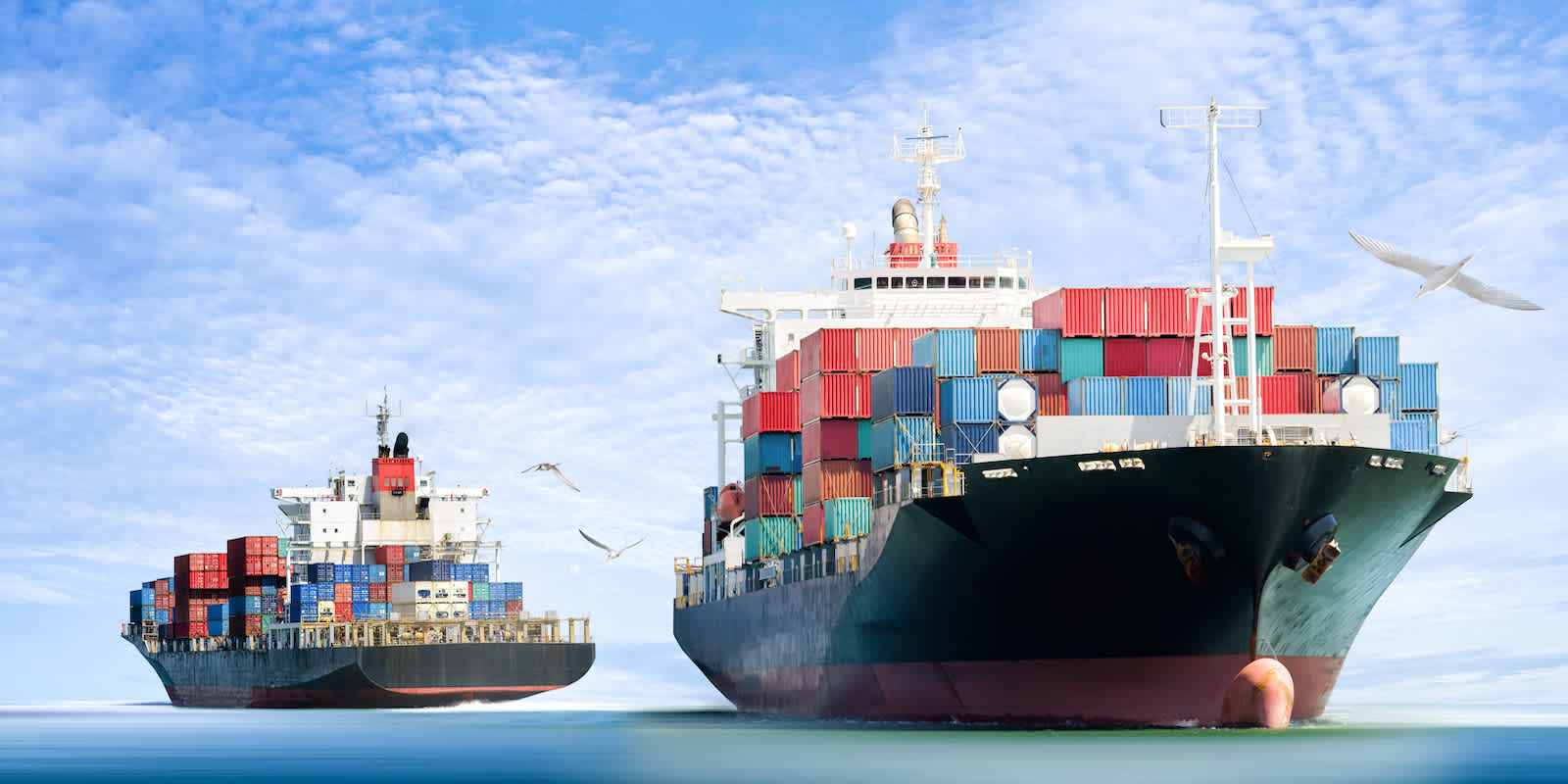
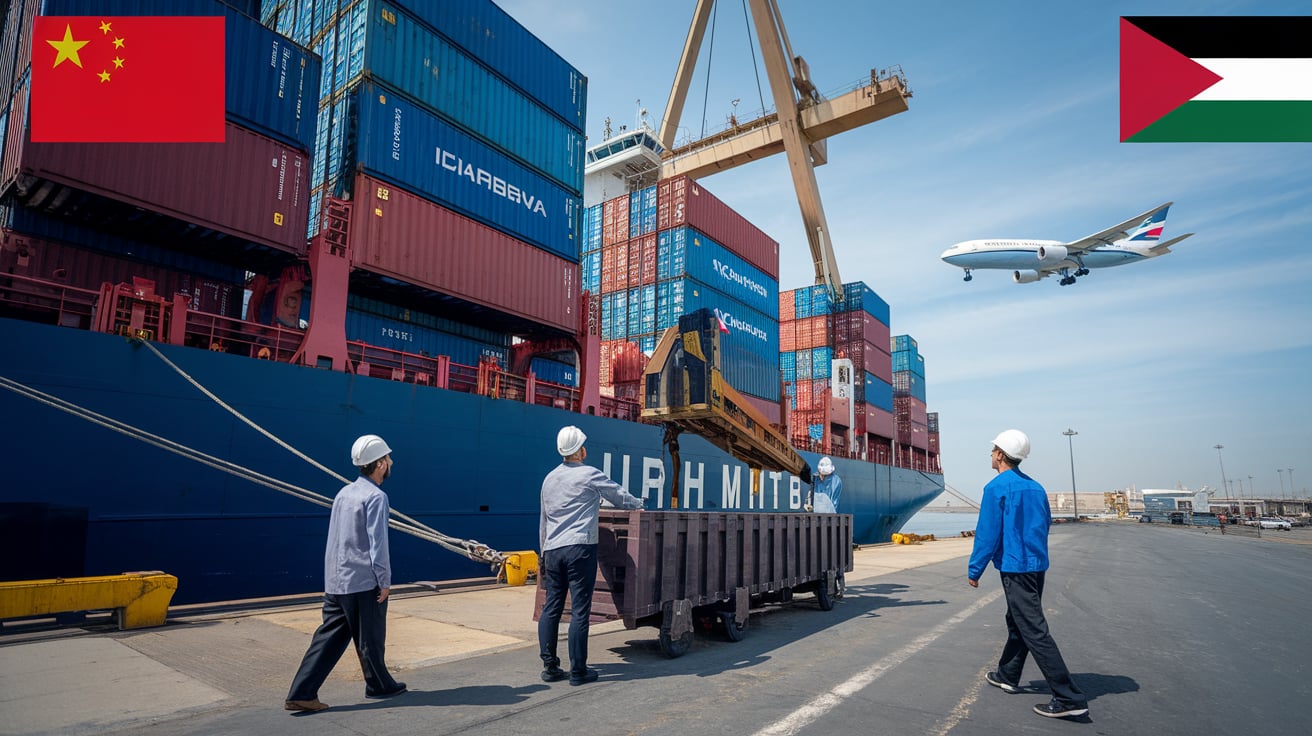
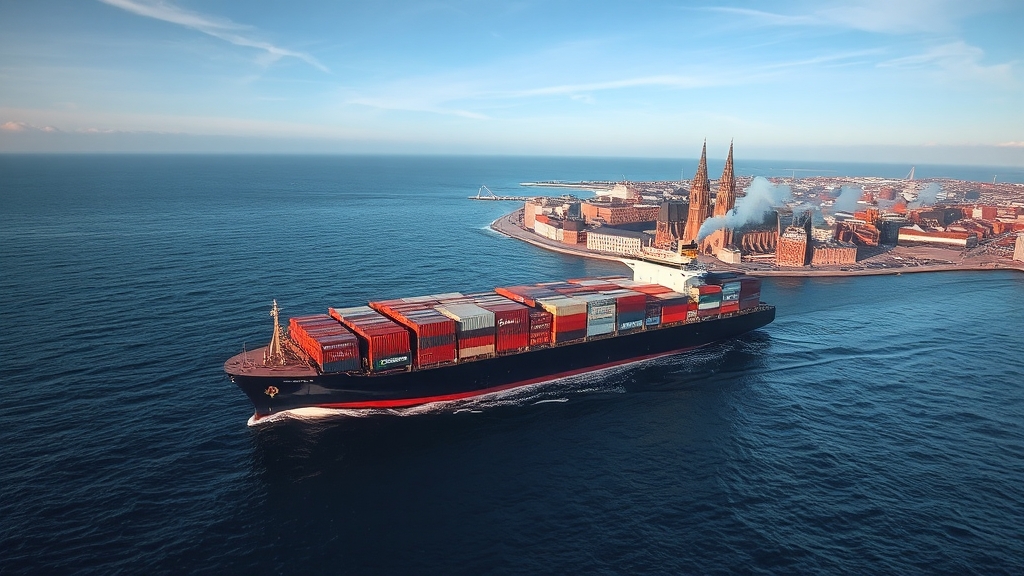
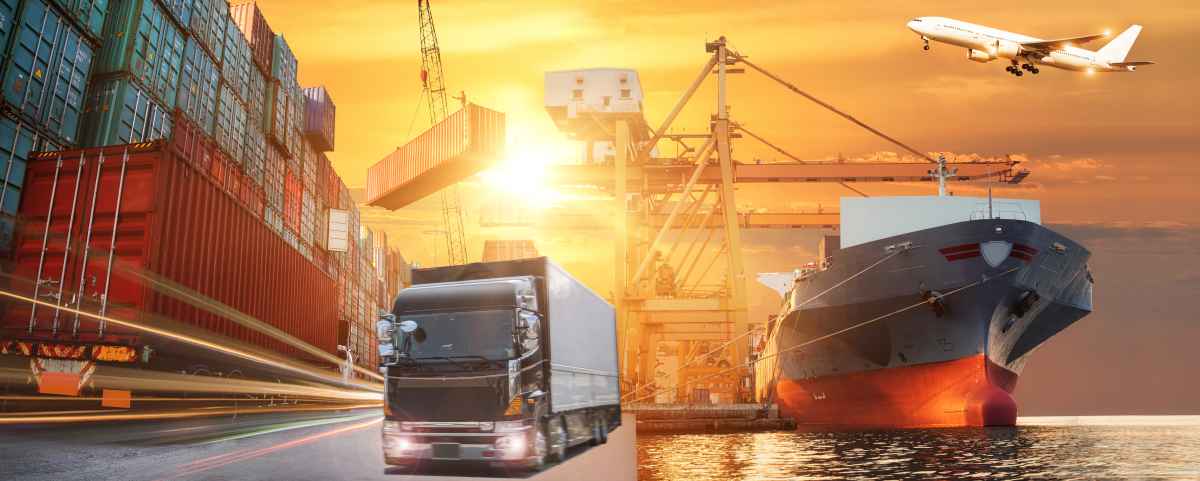





 Afrikaans
Afrikaans Shqip
Shqip አማርኛ
አማርኛ العربية
العربية Հայերեն
Հայերեն Azərbaycan dili
Azərbaycan dili Euskara
Euskara Беларуская мова
Беларуская мова বাংলা
বাংলা Bosanski
Bosanski Български
Български Català
Català Cebuano
Cebuano Chichewa
Chichewa 简体中文
简体中文 繁體中文
繁體中文 Corsu
Corsu Hrvatski
Hrvatski Čeština
Čeština Dansk
Dansk Nederlands
Nederlands English
English Esperanto
Esperanto Eesti
Eesti Filipino
Filipino Suomi
Suomi Français
Français Galego
Galego ქართული
ქართული Deutsch
Deutsch Ελληνικά
Ελληνικά Kreyol ayisyen
Kreyol ayisyen Harshen Hausa
Harshen Hausa Ōlelo Hawaiʻi
Ōlelo Hawaiʻi עִבְרִית
עִבְרִית हिन्दी
हिन्दी Hmong
Hmong Magyar
Magyar Íslenska
Íslenska Igbo
Igbo Bahasa Indonesia
Bahasa Indonesia Gaeilge
Gaeilge Italiano
Italiano 日本語
日本語 Basa Jawa
Basa Jawa ಕನ್ನಡ
ಕನ್ನಡ Қазақ тілі
Қазақ тілі ភាសាខ្មែរ
ភាសាខ្មែរ 한국어
한국어 كوردی
كوردی Кыргызча
Кыргызча ພາສາລາວ
ພາສາລາວ Latin
Latin Latviešu valoda
Latviešu valoda Lietuvių kalba
Lietuvių kalba Lëtzebuergesch
Lëtzebuergesch Македонски јазик
Македонски јазик Malagasy
Malagasy Bahasa Melayu
Bahasa Melayu മലയാളം
മലയാളം Maltese
Maltese Te Reo Māori
Te Reo Māori मराठी
मराठी Монгол
Монгол ဗမာစာ
ဗမာစာ नेपाली
नेपाली Norsk bokmål
Norsk bokmål پښتو
پښتو فارسی
فارسی Polski
Polski Português
Português ਪੰਜਾਬੀ
ਪੰਜਾਬੀ Română
Română Русский
Русский Samoan
Samoan Gàidhlig
Gàidhlig Српски језик
Српски језик Sesotho
Sesotho Shona
Shona سنڌي
سنڌي සිංහල
සිංහල Slovenčina
Slovenčina Slovenščina
Slovenščina Afsoomaali
Afsoomaali Español
Español Basa Sunda
Basa Sunda Kiswahili
Kiswahili Svenska
Svenska Тоҷикӣ
Тоҷикӣ தமிழ்
தமிழ் తెలుగు
తెలుగు ไทย
ไทย Türkçe
Türkçe Українська
Українська اردو
اردو O‘zbekcha
O‘zbekcha Tiếng Việt
Tiếng Việt Cymraeg
Cymraeg יידיש
יידיש Yorùbá
Yorùbá Zulu
Zulu